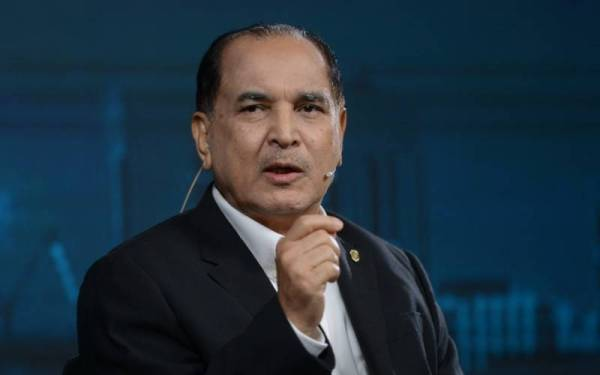Economic downturn fuels surge in fraud and crime in Malaysia, criminologist warns
The growing financial pressures faced by individuals and businesses alike lead to a noticeable increase in various forms of crime across the nation.

SHAH ALAM – The link between economic downturns and a rise in fraudulent activities is becoming increasingly evident, with ongoing financial instability in Malaysia creating fertile ground for criminal exploitation, says criminologist Datuk Seri Dr Akhbar Satar.
Speaking to Sinar Daily, Akhbar said the growing financial pressures faced by individuals and businesses alike exacerbated the trend, leading to a noticeable increase in various forms of crime across the nation.
He revealed that criminology studies on the dynamics of crimes clearly showed that the economy played a significant role in influencing criminal behaviour.
"The economics of crime especially the downturns of the economy are important because crime is closely related to gross national product per capita, poverty, social exclusion, education status, inequality in income distribution, low legitimate earnings, poor employment records, limited labour skills, inflation and other economic problems.
"There is an undeniable link between economic and fraud trends," he said.
He said the correlation between economic conditions and criminal activity was well-documented, with a clear link between financial hardship and the rise in fraudulent schemes.

Akhbar further explained that during times of economic stress, fraudsters often target consumers and businesses that were already under strain.
"Desperation for quick financial solutions and a lack of financial literacy make individuals more susceptible to falling victim to various fraudulent schemes.
"During challenging times, individuals may be tempted to engage in fraudulent activities as a means of securing financial stability or compensating for their losses or other crimes like theft, kidnapping, cigarettes smuggling, human tracking, robbery and car theft," he said.
In addition to online fraud, Akhbar observed that crimes involving dishonesty, such as cheating and criminal breach of trust (CBT), are also on the rise.
"The Malaysian Anti-Corruption Commission (MACC) chief commissioner Tan Sri Azam Baki, recently revealed that Malaysia lost around RM277 billion to corruption over the past five years.
"This shows how deep-rooted the issue is and how much more needs to be done to address it," he said.
Akhbar also said that one of the more pervasive crimes tied to economic hardship was cigarette smuggling, which had become rampant due to aggressive enticement and financial desperation.
"Malaysia is estimated to be losing RM5 billion annually from cigarette smuggling alone," he said.
When asked what preventive measures can be taken by individuals and communities to protect themselves and reduce the risk of becoming victims, Akhbar explained more on the importance of the "Routine Activities Theory" (RAT).
He said the theory suggested that for a crime to occur, three elements must converge: a suitable target, the absence of a capable guardian and the presence of a motivated offender.
"Suitable targets are objects, places or people that are open to criminals, such as poorly secured homes or individuals walking alone at night.
"The final element is the absence of capable guardians—whether that be police officers, security personnel or even vigilant bystanders who may intervene to prevent a crime from occurring," he said.
However, Akhbar said preventing and detecting fraud and other crimes require a multi-faceted approach, involving collaboration between government agencies, financial institutions, and the public.
He stressed the need for long-term strategies to address the root causes of crime and prevent future spikes.
"Conduct empirical studies on the root cause of crime and use the results of the scientific research to prevent future crime," he said.















